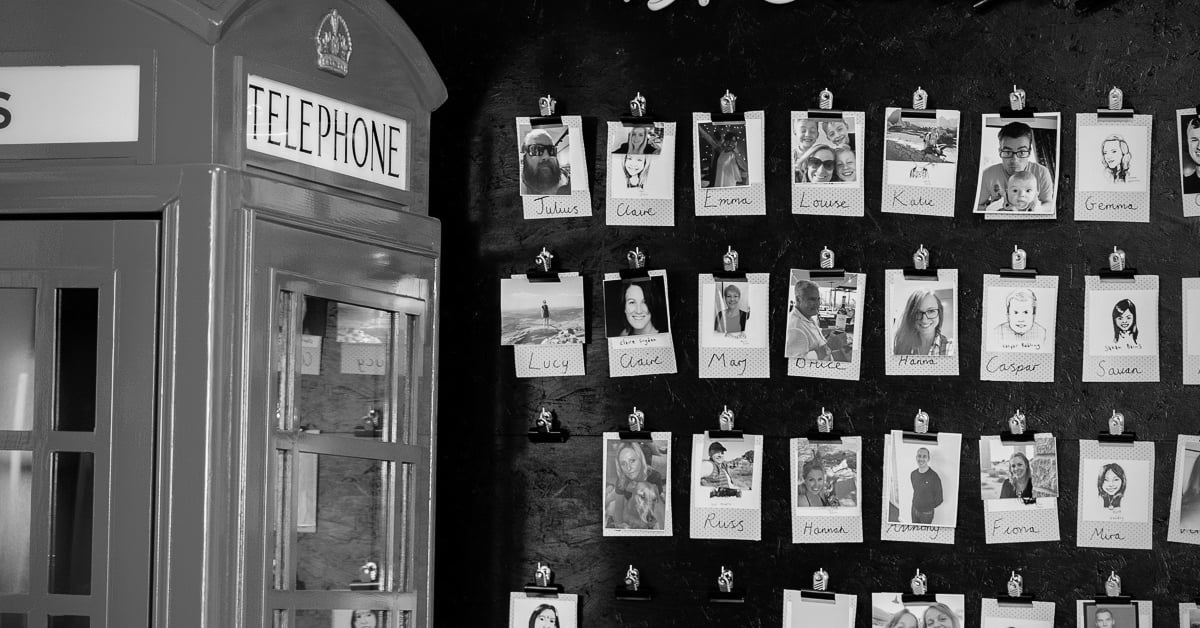
Earlier this year, Arnold J handed down his decision on the trade mark infringement and passing off action brought by The London Taxi Corporation (“LTC”) and Frazer Nash Research Limited (“FN”) in
The London Taxi Corporation Limited trading as the London Taxi Company v (1) Frazer-Nash Research Limited and (2) Ecotive Limited. This case threw up a number of issues which is evidenced by the 299 paragraph judgement.
FN had been in the process of designing a new Metrocab taxi since the early 2000s and wished for the new design to be “recognisable to the trade and to passengers as a ‘licensed London taxi’”. The new design was launched in December 2013 and in December 2014, 5 vehicles were licensed to operate as London Taxis on a trial basis.
LTC claimed trade mark infringement of their UK and CTM registrations for the shape of their vehicles (the Trade Marks) and also for passing off. FN denied infringement and passing off. FN argued that the Trade Marks were invalidly registered as they were devoid of distinctive character and that the shape gives substantial value to the goods. They also contended that the CTM should be revoked for non-use on the basis that it was for an old model of LTC’s taxi.
Arnold J held that the earlier trade marks were invalid on the basis that they were devoid of distinctive character (they would be perceived by the average consumer of taxis as a mere variation of the typical shape of a taxi), not to have acquired distinctive character and consisted exclusively of a shape which gives substantial value to the goods.
Interestingly, in finding that the marks had not acquired distinctive character, Justice Arnold referred to his judgement in Nestlé and Cadbury [2016] EWHC 50 (Ch). In that case, Arnold J held that the use filed by Nestlé had only demonstrated that consumers associate the shape with Nestle’s product, but no more than that. In order for a claim of acquired distinctiveness to succeed, it is necessary to show that consumers rely upon the shape of the goods alone in order to identify the origin of the goods. We feel this concept of reliance will be further explored in the future.
In the case at hand, Arnold J ultimately found in favour of the defendant across the board, further highlighting the difficulties brand owners face in enforcing three dimensional trade marks in the current landscape.
Stobbs has a wealth of experience in advising both large and small clients on trade mark and passing off matters. If you are interested in the issues raised in this article and how they could affect your business, feel free to get in touch.
Tags
Trademarks /
Automotive /
Disputes
Found this article interesting today?
Send us your thoughts:
Send us your thoughts:
Would you like to read more articles like this?
Stobbs IP Limited
Building 1000
Cambridge Research Park
CB25 9PD
Building 1000
Cambridge Research Park
CB25 9PD
Tel. 01223 435240
Fax. 01223 425258
info@iamstobbs.com
Fax. 01223 425258
info@iamstobbs.com
Website Terms & Conditions
Privacy policy
German office legal notice
Cookie Declaration
Complaints Policy
Copyright © 2022 Stobbs IP
Privacy policy
German office legal notice
Cookie Declaration
Complaints Policy
Copyright © 2022 Stobbs IP
Stobbs (IP) Limited, trading as Stobbs, registered in England and Wales, Company number 08369121.
Registered Office: Building 1000, Cambridge Research Park, Cambridge, CB25 9PD.
VAT Number 155 4670 01.
Stobbs (IP) Limited and its directors and employees who are registered UK trade mark attorneys are regulated by IPReg www.ipreg.org.uk
Registered Office: Building 1000, Cambridge Research Park, Cambridge, CB25 9PD.
VAT Number 155 4670 01.
Stobbs (IP) Limited and its directors and employees who are registered UK trade mark attorneys are regulated by IPReg www.ipreg.org.uk

